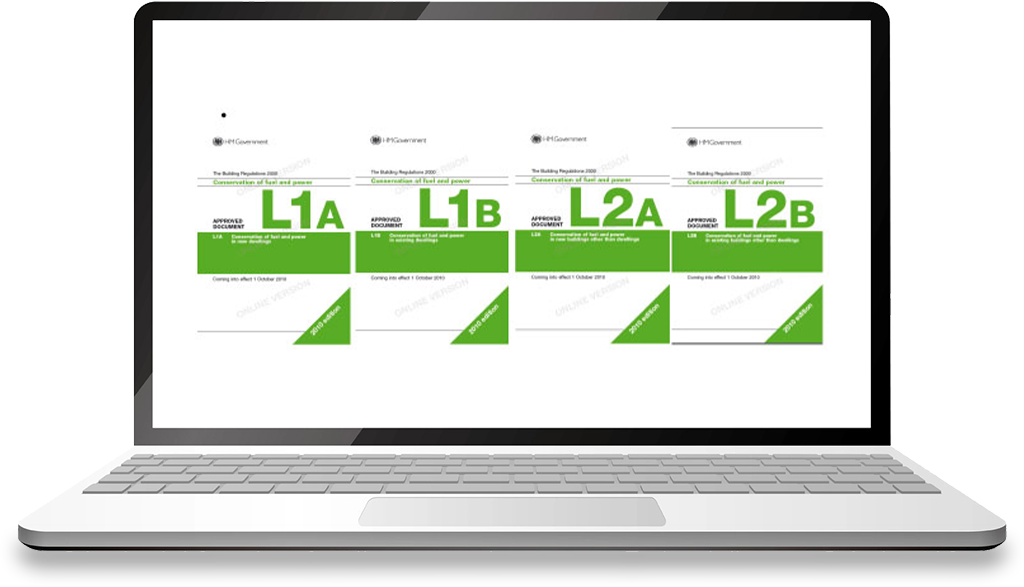The Public Sector Decarbonisation Scheme
The Public Sector Decarbonisation Scheme (PSDS) provides grants for public sector bodies to fund energy efficiency and heat decarbonisation measures.
The Department for Business, Energy and Industrial Strategy (BEIS) has launched the Public Sector Decarbonisation Scheme (referred to as the Grant Scheme) which will be delivered by Salix.
The £1 billion scheme is part of the Chancellor’s ‘Plan for Jobs 2020’ commitment to support the UK’s economic recovery from COVID-19, supporting up to 30,000 skilled jobs in the low carbon and energy efficiency sectors. The scheme will also support the government’s net zero and clean growth goals. It will reduce non-traded carbon emissions from the public sector by up to 0.1 MtCO2e/year and up to 0.5 MtCO2e over each of Carbon Budget 4 and Carbon Budget 5. This is equivalent to taking nearly 45,000 cars off the road.
Available funding/ Eligibility
The following public sector bodies in England are eligible to apply for the Grant Scheme.
- Central government departments and their non-departmental government bodies (set out in Public Bodies1 as published by the Cabinet Office)
- For central government departments where their roles are reserved (i.e. not devolved to Scottish, Welsh and Northern Irish Governments) funding may be used for estates located anywhere within the UK
- Emergency services
- Institutions of further and higher education
- Local authorities
- Maintained schools within the state education system, including academies, Multi-Academy Trusts and free schools; nursery schools maintained by a local authority
- NHS Trusts and Foundation Trusts
- Non-departmental public bodies
Eligible bodies can apply for up to 100% grant funding for projects which meet the compliance criteria.
As Litelite provides LED lighting solutions for the majority of these public sectors, PSDS funding is accessible, meaning that through us you can take on projects with the funding of a portion of a billion pounds.
What is Decarbonisation
Decarbonisation is the term used for the process of removing or reducing the carbon dioxide (CO2) output of a country’s economy. This is usually done by decreasing the amount of CO2 emitted across the active industries within that economy.
The scheme will be available for capital energy efficiency and heat decarbonisation projects within public sector non-domestic buildings, including central government departments and non-departmental public bodies in England only, and will deliver the following objectives:
- Deliver stimulus to the energy efficiency and heat decarbonisation sectors, supporting jobs.
- Deliver significant carbon savings within the public sector.
The problem
Currently, a wide range of sectors – industrial, residential and transport – run largely on fossil fuels, which means that their energy comes from the combustion of fuels like coal, oil or gas.
The CO2 emitted from using these fuels acts as a greenhouse gas, trapping in heat and contributing to global warming. By using alternative sources of energy, industries can reduce the amount of CO2 emitted into the atmosphere and can help to slow the effects of climate change.
Heat Decarbonisation plan (A solution)
Here at Litelite we supply many institute including schools and hospitals with LED lighting which is proven to decarbonise heat.
LED bulbs consume less power per unit (lumen) of light emitted. This reduces greenhouse emissions from power plants. Carbon dioxide emissions for LEDs are also low. Roughly, one LED bulb will minimize greenhouse gas emissions by almost half a ton.
Upon booking surveillance, we shall measure, audit and analyse the section in which a client needs lighting as well as consider what the maximum and minimum temperature of each room will be throughout the year. We shall then install appropriate LED solutions that will provide the most efficient and durable lighting with the least amount of heat.























